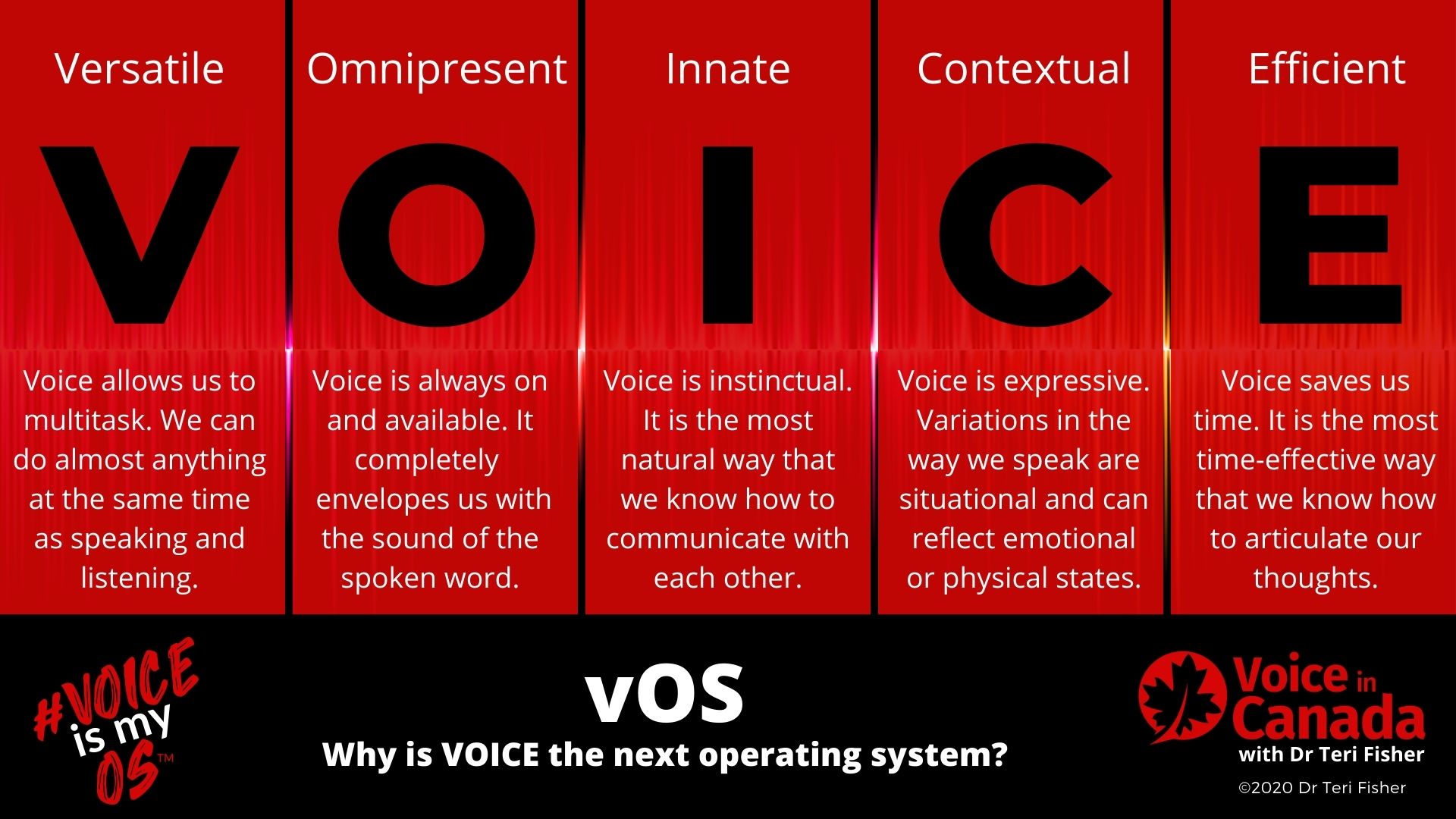Over the last few days, many users of Amazon’s digital assistant Alexa have reported experiencing some frightening moments. As strange as it may seem, their devices unexpectedly started to laugh at them. A number of users took to social media to complain about their eerie encounters!
The news had all the ingredients for a small scale tech panic with abundant space for riffing, the type you see in short clips on your local news.
One user wrote on Reddit:
“I was trying to turn off some lights and they kept turning back on. After the third request, Alexa stopped responding and instead did an evil laugh. The laugh wasn’t in the Alexa voice. It sounded like a real person. I still get chills.”
The Echo device, which is accessible through Amazon’s line of Echo and Fire devices, relies on artificial intelligence. Now it seems that Alexa, trying to be as intelligent as a human, mimics everything you do including your laugh and has developed the ability to laugh at your face.
Lying in bed about to fall asleep when Alexa on my Amazon Echo Dot lets out a very loud and creepy laugh… there’s a good chance I get murdered tonight.
— Gavin Hightower (@GavinHightower) February 26, 2018
So what made Alexa laugh?
There are a series of nodes that power the digital assistant, and any one or a number of things can fail, such as the software that processes the voice command, the microphone, and even the users who do not pronounce words very well.
What did Amazon say?
The next day Amazon announced that it figured out what made Alexa laugh. The e-commerce company said the devices mistakenly heard themselves being ordered to laugh.
“In rare circumstances, Alexa can mistakenly hear the phrase ‘Alexa laugh,’” when other words are spoken, Amazon said in a statement. “We are changing that phrase to be ‘Alexa, can you laugh?’ which is less likely to have false positives, and we are disabling the short utterance ‘Alexa laugh.’”
Amazon also said that instead of just laughing when asked, Alexa will first accept the request, saying, “Sure, I can laugh.”
As for Amazon’s explanation, you’ll just have to take it at face value; all the processing of the “Alexa laugh” command is done on the server side and none at the client side, so no third party can examine how these devices really work. To see how Alexa works, see this post.
What is Alexa trying to tell us?
This story of digital assistants laughing at its users is a fable about our nervousness over increasingly advanced artificial intelligence. However, there’s another warning you should pay attention to. There is need for transparency from the manufacturers that produce these devices, whether the company is Amazon, Apple (Siri), Google (the Assistant), or Microsoft (Cortana).
There is one problem with the smart speakers; they are almost impossible to troubleshoot. To explain it clearly, compare them with your computer. When you have problems with your PC you may try to examine the log files, run some diagnostic software, or even turn it off and on again. This may or may not solve the problem, but you can at least try.
With the smart speakers, you can’t do any of these things, apart from turning it off and on. Why? Because these devices have no “heads,” meaning many run without a screen and do not have any input devices such as a mouse or a keyboard. And because you can’t see how the machine is processing information, this makes it extremely difficult to diagnose the problems.
And, this might be the reason Alexa was laughing at you.







